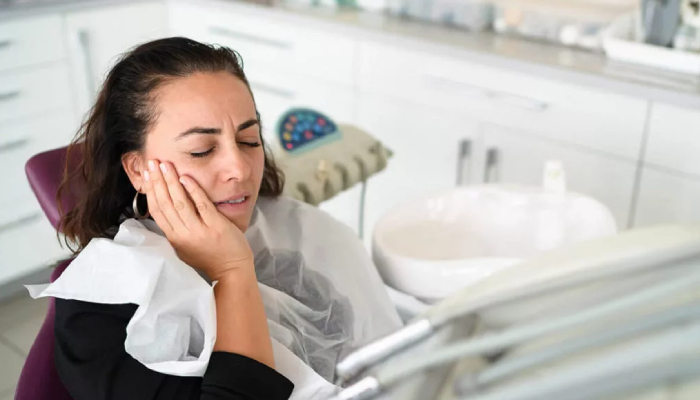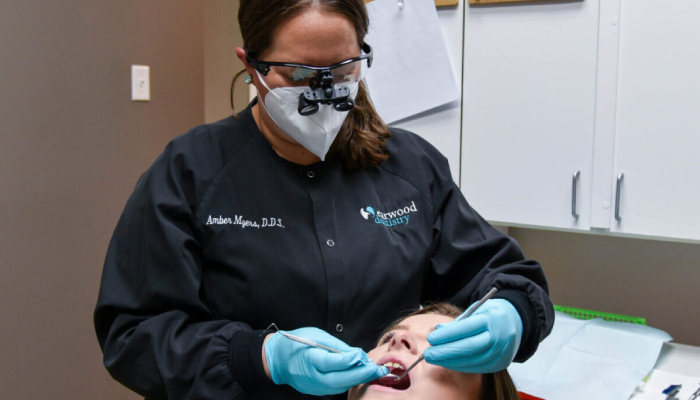Understanding Dental Emergencies
Your dentist should be the first person you contact if you have a dental problem. But what if you face an issue in the middle of the night, on the weekend or when you are on holiday? Dental emergencies can throw you off guard but require immediate medical attention. Any problem that requires urgent medical intervention to stop bleeding, reduce pain or save a tooth is termed a dental emergency.
When faced with an emergency, visiting a dental hospital nearby should be your priority. Ignoring the issue can often result in more serious damage that can prove expensive. However, being prepared can help prevent long-term damage in the event of an emergency. Here is an overview of the most common dental emergencies so that you know what to do to prevent further harm. Learn More
5 Common Dental Emergencies and Ways to Handle Them
Knocked-out tooth
Perhaps you had a fall or met with an accident that resulted in broken teeth. This is a painful condition and would require quick attention. Knocked-out teeth can be reattached if treated swiftly. Depending on the impact of the injury, some teeth can be put back in place. Pick up the fallen or broken tooth and rinse it clean if it’s dirty. Leave it in a cup of milk or water with a pinch of salt added. This will preserve the tooth until you reach your dentist for emergency dental restoration.
Sudden toothache
Toothaches are more than just a nuisance. They are red flags that denote an underlying dental problem that requires medical attention on priority. A cold compress, salt water rinse, or taking an over-the-counter pain killer can help alleviate the discomfort until you get medical care.
Infection or abscess
Abscesses are a serious condition and can be potentially life-threatening. These are infections that occur near or around the root of the teeth and gums. Additionally, if you have had a tooth extraction, and sense discomfort, the area could be infected. Without treatment, they may cause more acute health problems and even damage your jaw’s nerve endings. Hence, if you sense a throbbing and persistent toothache and doubt an infection, visit your dentist as soon as possible. In the meantime, gurgle and rinse your mouth and the infected area with salt water several times a day to reduce the pain. This can also draw the pus to the surface.

Inflamed or bleeding gums
Occasional bleeding in the gums or the oral cavity is not a cause for concern. However, if the bleeding won’t stop or is accompanied by swollen gums or pain in and around the gums or the jaw, it is important you visit your dentist immediately. Blood found in the saliva can indicate more serious dental diseases. For temporary relief, until you get medical attention, rinse your mouth with saltwater and apply a cold compress near the jaw area closer to the affected site. This can help reduce the swelling and alleviate pain.
Broken or dislodged orthodontics
Broken braces or wires, dislodged crowns, a problem in the dental bridges or a lost filling can all occur out of the blue. All these would require professional assistance at the earliest possible time. A loose or dislodged crown or filling can expose your treated tooth to infections. If the wires on your braces get dislodged, try to put them in position. If you are unable to do it on your own, wrap a cotton swab to the end until you reach your dentist.
Dental Emergencies – Being Prepared is Crucial
If there is a dental emergency, it is important not to panic. Get into action immediately. Remember to give yourself some first-aid, but never try to solve the problem on your own. The safest remedy is to reach a dentist or a dental care facility as soon as you can. Above all, stay proactive in your oral care and hygiene. Schedule routine dental checkups to assess your dental health and keep these emergencies at bay.

